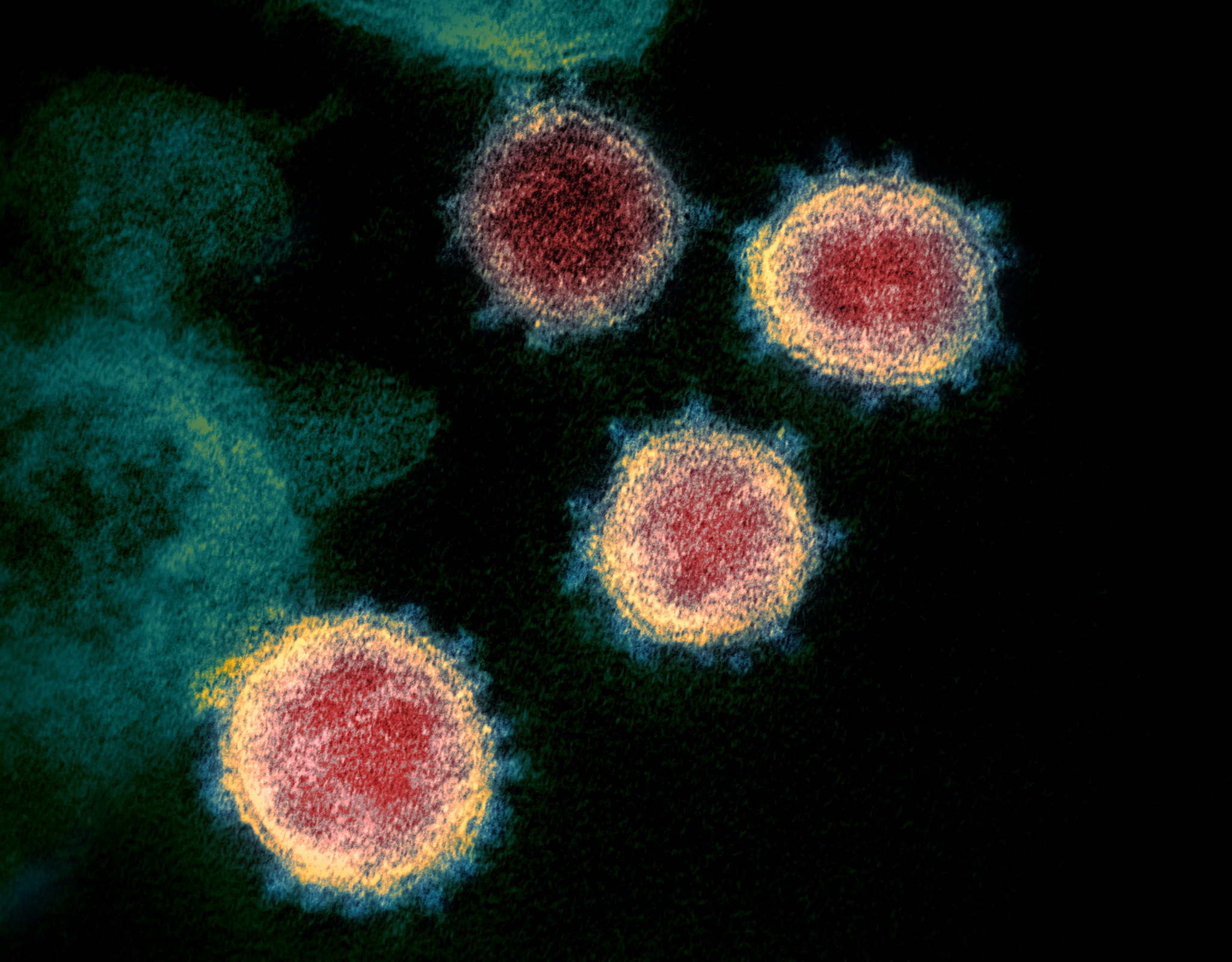COVID-19 vaccine could be ready in time for US elections

Health officials in the US have been told to prepare for a COVID-19 vaccine to be ready by November ahead of the US presidential elections, according to press reports.
The New York Times reported that the Centers for Disease Control and Prevention has written to officials in all 50 states to say that “limited doses” of the vaccine may be available in November.
Voters are set to go to decide between incumbent Republican candidate Donald Trump and his Democratic rival Joe Biden on 3rd November and there are concerns that development may be rushed for political reasons.
The CDC’s letter came as President Trump told the nation in his speech to the Republican National Convention that a vaccine might arrive before the end of the year.
While the documents do not specify which vaccine could be ready, the newspaper said the details outlined by the CDC match products developed by Pfizer/BioNTech and Moderna, which are among the front-runners in clinical development.
The CDC is reportedly also making arrangements with McKesson, a company contracted to distribute vaccines to places such as state and local health departments and hospitals.
Trump is under fire from Biden for his handling of the pandemic and polls show that the Democrat has a clear lead in the polls.
Getting a vaccine approved in time for the vote could give Trump ammunition against Biden in the vital days before Americans vote.
But there are concerns that vaccine development could be rushed to meet political ends. Dr Paul Offit, a Children’s Hospital of Philadelphia immunisation expert who sits on the FDA’s vaccine advisory committee questioned whether data would be ready on time.
According to The Guardian, Offit is concerned that the vital phase 3 trials that provide definitive evidence about whether a vaccine works or not could be curtailed to meet the deadline.
“Being ready is reasonable. Cutting short phase 3 trials before you get the information you need isn’t,” he said.
Peter Hotez, dean of Baylor University’s tropical medicine school said he was “very concerned” that the FDA would use an emergency authorisation to approve a vaccine before knowing whether it works and is safe.
He told the newspaper: “It gives the appearance of a stunt rather than an expression of public health concern.”
According to the World Health Organization, there are now 33 vaccines against COVID-19 in clinical development, with a candidate from the University of Oxford and AstraZeneca top of the list.












